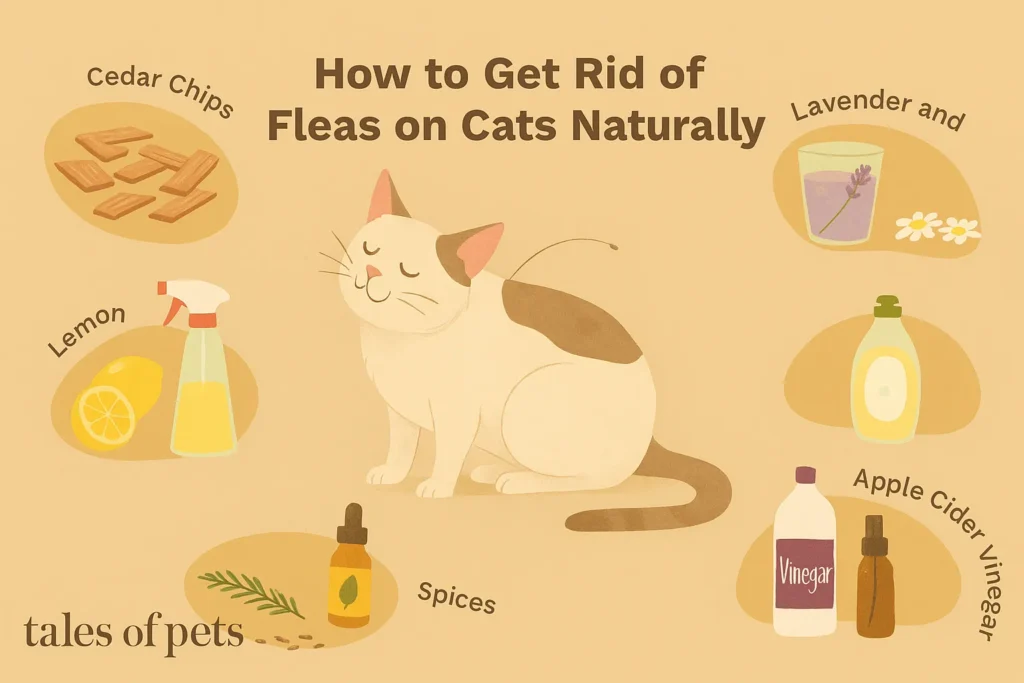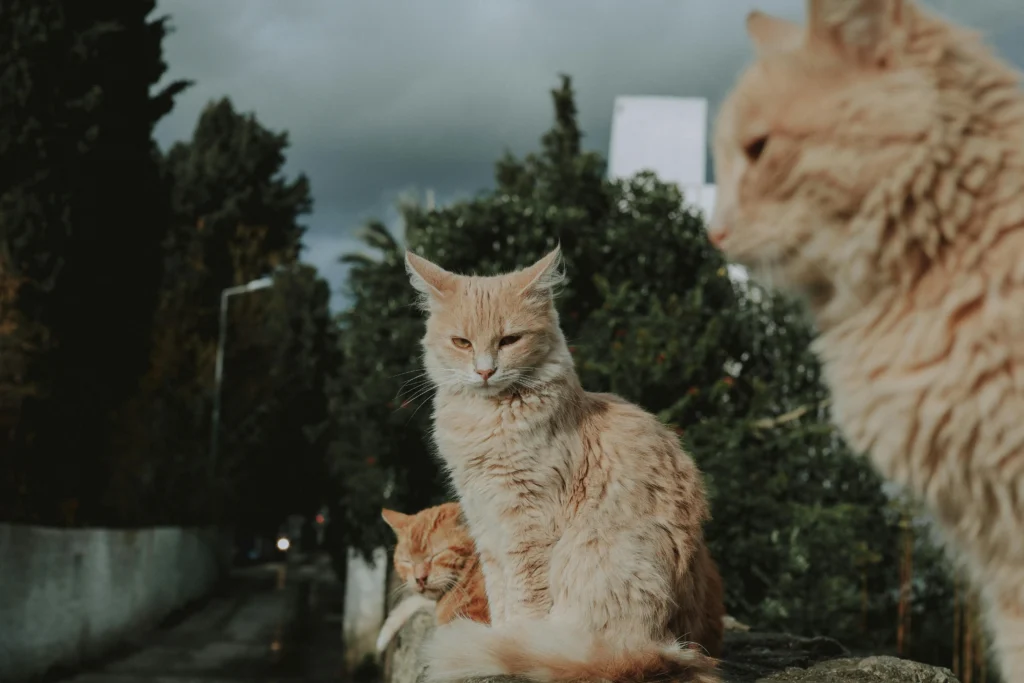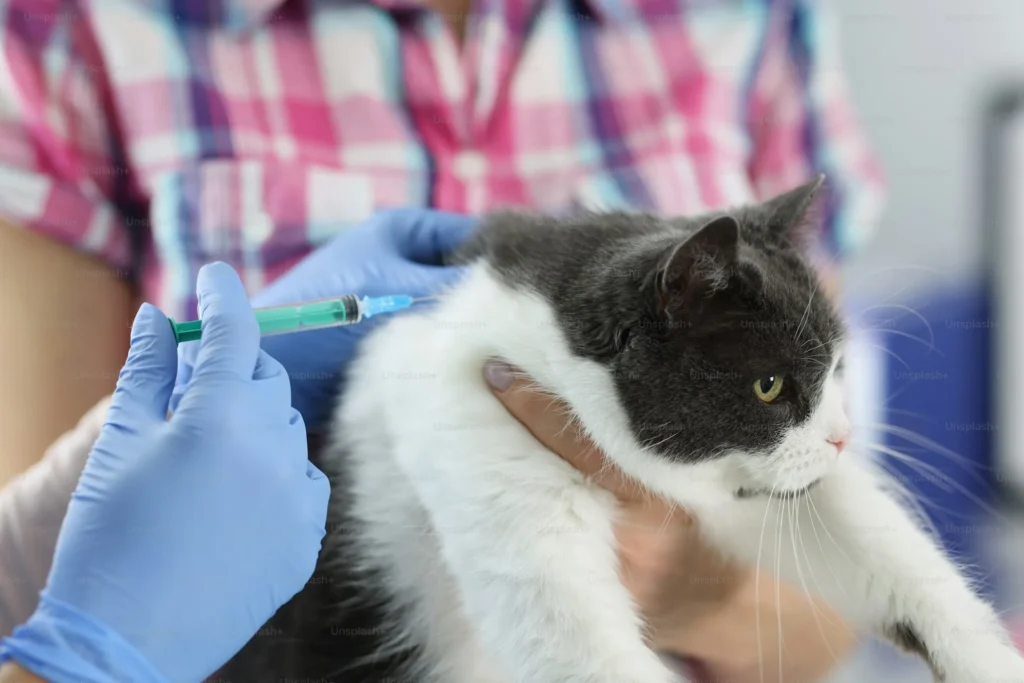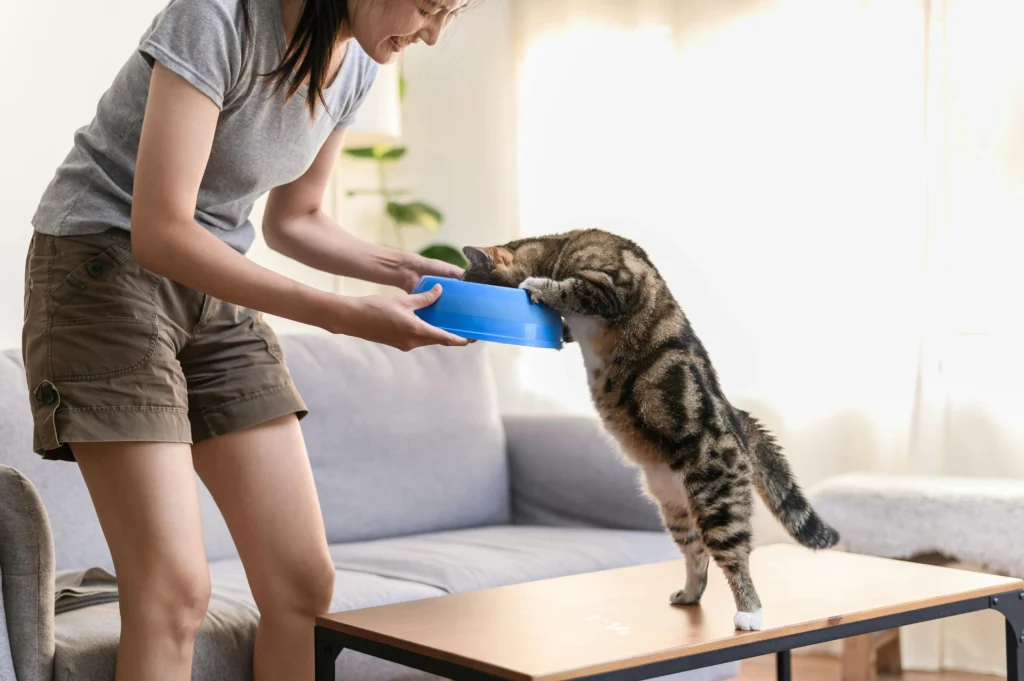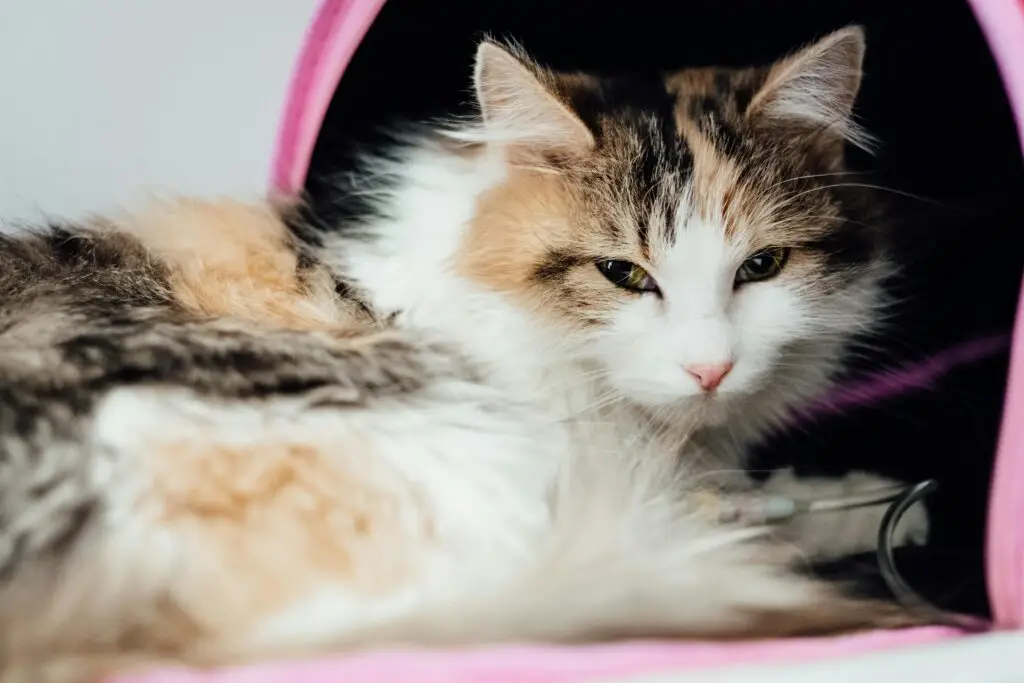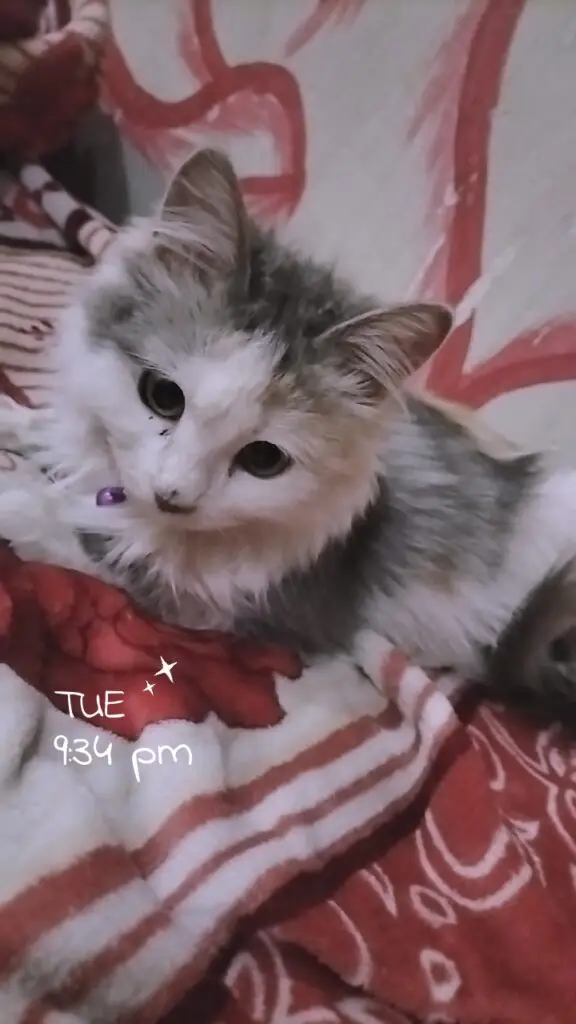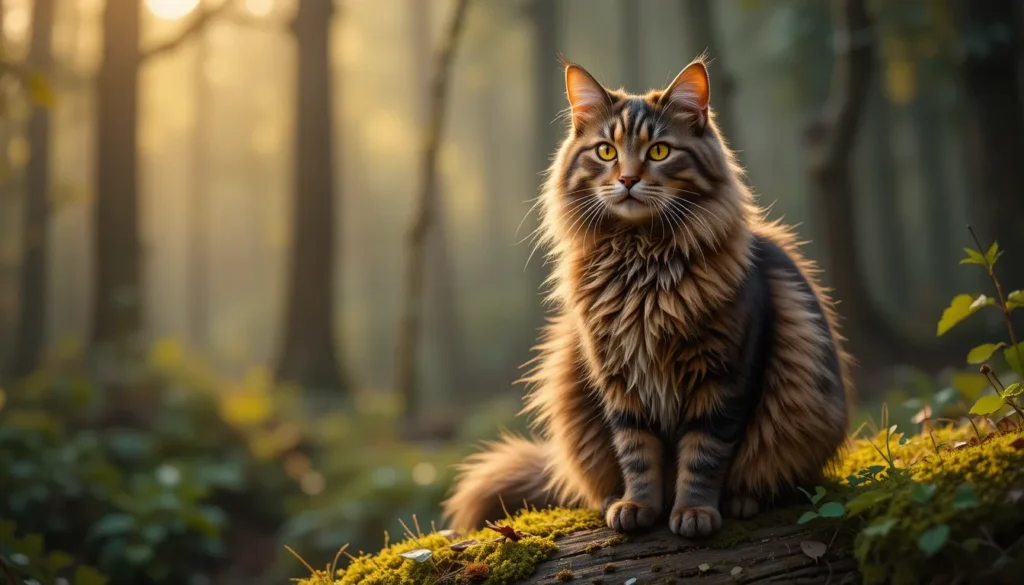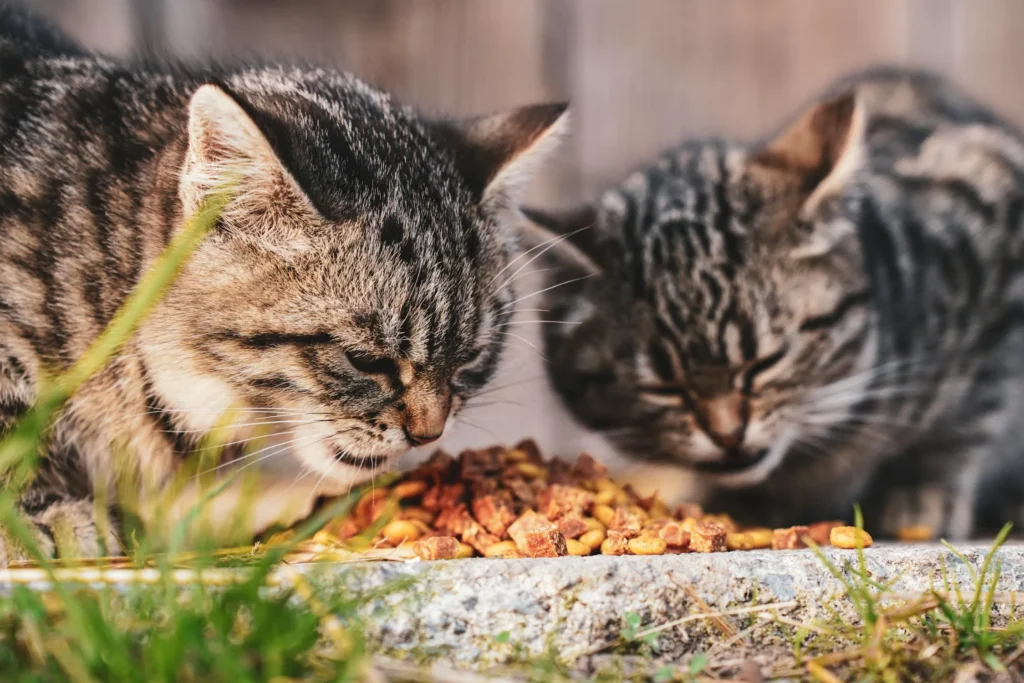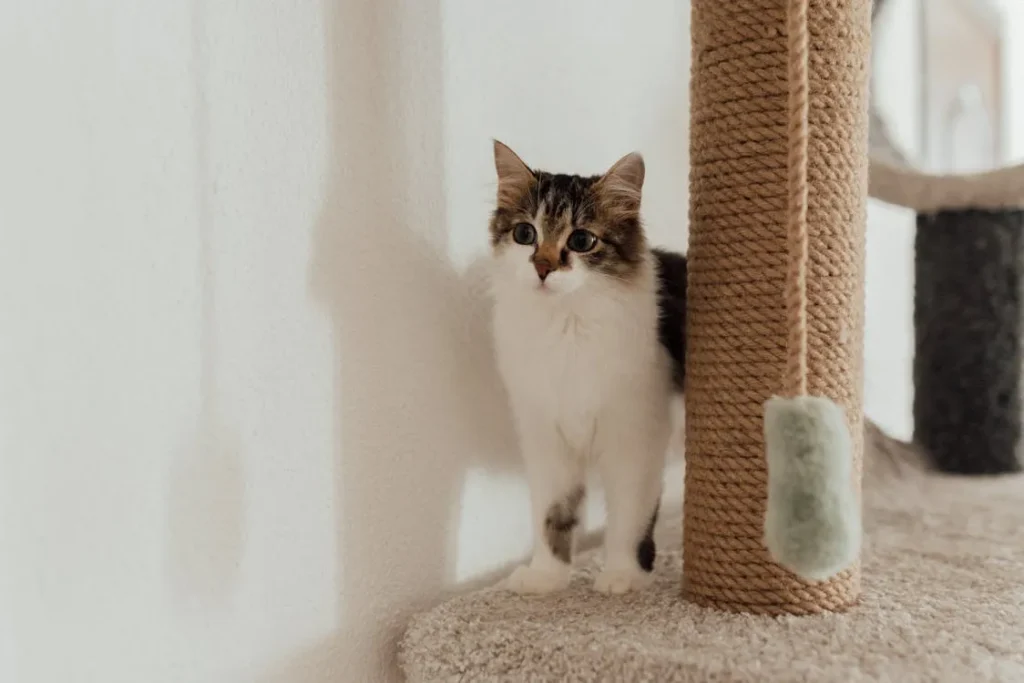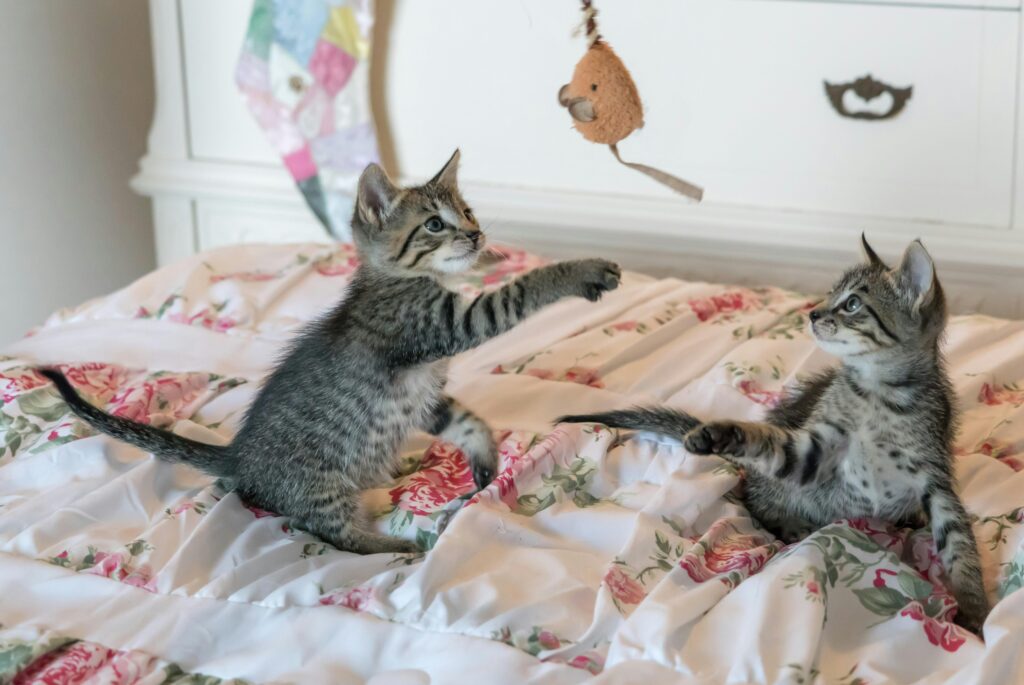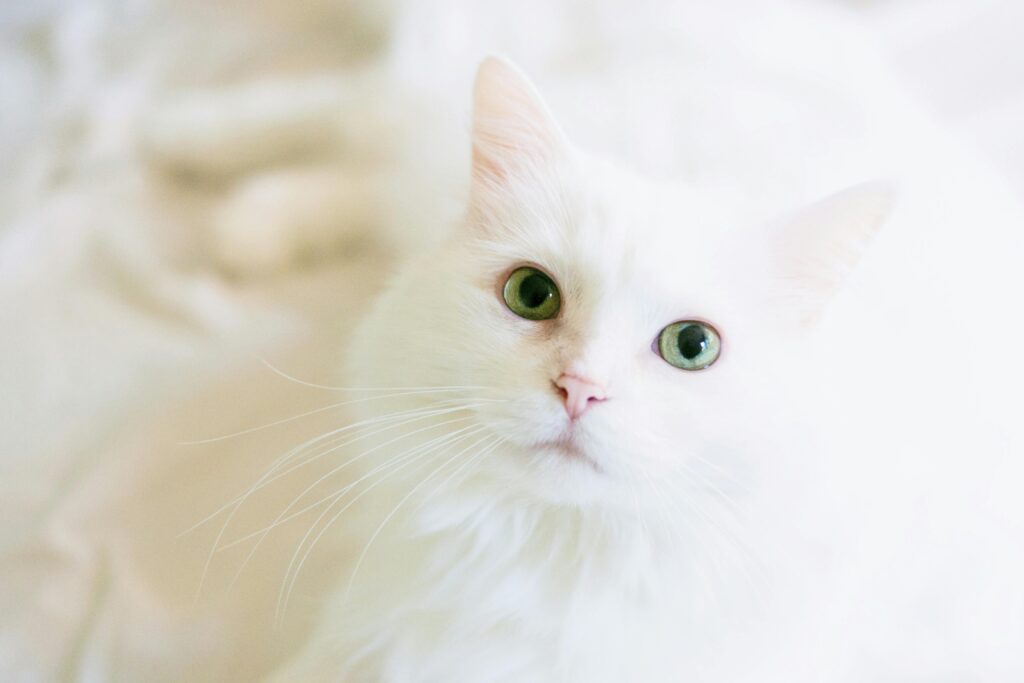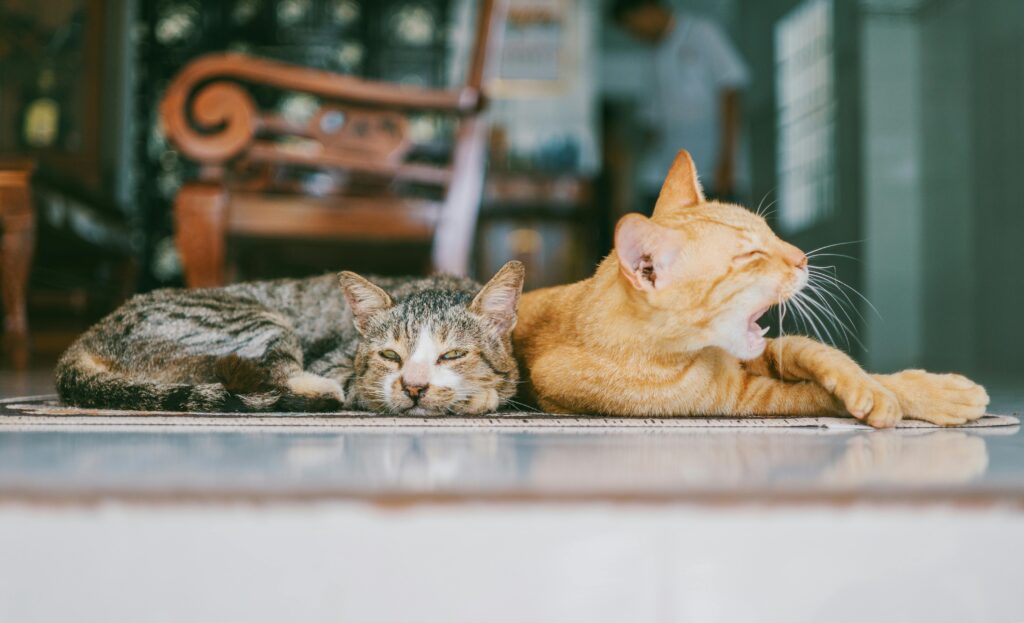Are tulips toxic to cats | Safety Tips & Symptoms

Tulips are a beloved flower, known for their vibrant colors and elegant shapes. They brighten up gardens and homes alike, adding a touch of beauty to any setting. However, if you’re a cat owner, you might be wondering: Are tulips toxic to cats? The short answer is yes. In this article, we’ll explore the reasons behind the toxicity of tulips to cats, how to recognize the symptoms of tulip poisoning, and what steps to take if your feline friend comes into contact with these flowers.
Understanding Tulip Toxicity
What Makes tulips toxic to cats?
Tulips contain compounds known as tulipalin A and tulipalin B. These naturally occurring chemicals are found in all parts of the plant, but they are most concentrated in the bulb. While these compounds are harmless to humans and many other animals, they can be toxic to cats.
When ingested, these compounds can cause a variety of symptoms in cats, ranging from mild to severe. It’s essential for pet owners to be aware of these potential dangers to keep their furry friends safe.
How Do Cats Get Exposed to Tulips?

Cats are naturally curious creatures. They often explore their surroundings by sniffing, pawing, and sometimes chewing on plants. If you have tulips in your home or garden, your cat might be tempted to nibble on the leaves or flowers. Additionally, digging in the garden may expose them to the bulb, which is the most toxic part of the plant.
Symptoms of Tulip Poisoning in Cats
Recognizing the signs of tulip poisoning is crucial for ensuring your cat receives prompt care. Symptoms can vary depending on the amount ingested and the part of the plant consumed, but common indicators include:
- Drooling: Excessive saliva production is often one of the first signs of tulip poisoning.
- Vomiting: Your cat may vomit shortly after ingesting parts of the tulip.
- Diarrhea: Gastrointestinal upset can lead to loose stools or diarrhea.
- Lethargy: Poisoning can make your cat feel weak or unusually tired.
- Loss of Appetite: Affected cats might show a decreased interest in food.
- Irritation: The mouth and throat might become irritated, causing discomfort when eating or drinking.
If you observe any of these symptoms and suspect your cat has been exposed to tulips, it’s important to act quickly.
Steps to Take if Your Cat Ingests Tulips
Immediate Actions
- Remove Access: Ensure your cat cannot reach the tulips or any other potentially harmful plants.
- Identify the Plant: Confirm that tulips are the cause of the problem. If possible, keep a sample of the plant for the vet to examine.
- Rinse the Mouth: If your cat allows, gently rinse their mouth with water to remove any plant residue.
Seeking Veterinary Care
Contact your veterinarian immediately if you suspect tulip poisoning. They can assess the severity of the situation and recommend appropriate treatment. In some cases, the vet may induce vomiting or administer activated charcoal to prevent further absorption of toxins. Intravenous fluids might also be necessary to support hydration and kidney function.
Preventing Tulip Poisoning

Prevention is the best approach to keeping your cat safe from tulip poisoning. Here are some tips to minimize the risk:
- Choose Cat-Safe Plants: Opt for non-toxic plants for both indoor and outdoor spaces. Some cat-friendly options include spider plants, bamboo palms, and Boston ferns.
- Garden Planning: If you enjoy tulips in your garden, consider fencing off the area or using raised beds to prevent your cat from accessing the plants.
- Indoor Alternatives: If you love the look of tulips, consider artificial flowers. These can provide the aesthetic appeal without the risk to your pets.
- Education: Educate everyone in the household about the dangers of tulips and other toxic plants to ensure consistent vigilance.
Conclusion: are tulips toxic to cats?
While tulips are beautiful and add charm to any environment, but tulips are toxic to cats they pose a significant risk to our feline companions. By understanding the toxic nature of tulips and taking preventative measures, cat owners can enjoy these flowers without compromising their pets’ safety. Always be vigilant and proactive in protecting your curious cat from potentially harmful plants.
If you ever suspect that your cat has ingested something toxic, do not hesitate to seek professional veterinary care. Early intervention can make a significant difference in outcomes, ensuring your beloved pet remains healthy and happy.
Remember, when it comes to your pet’s health and safety, it’s better to be safe than sorry. Keep your home and garden a safe haven for your furry family members by being mindful of the plants you choose to keep.

